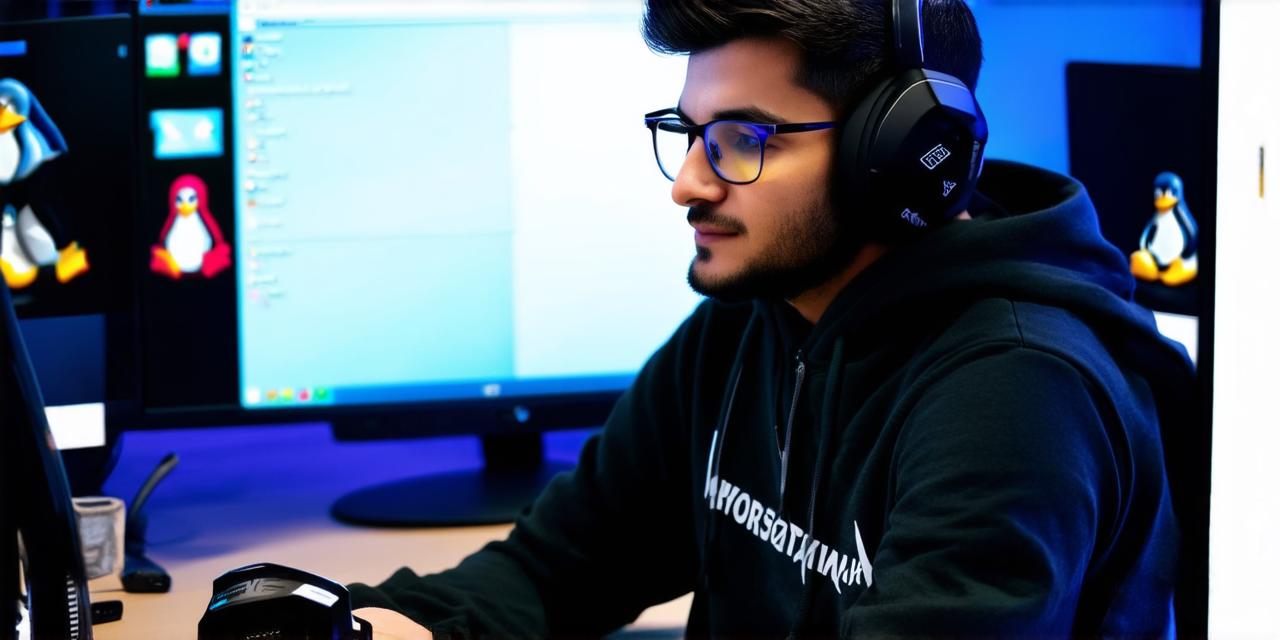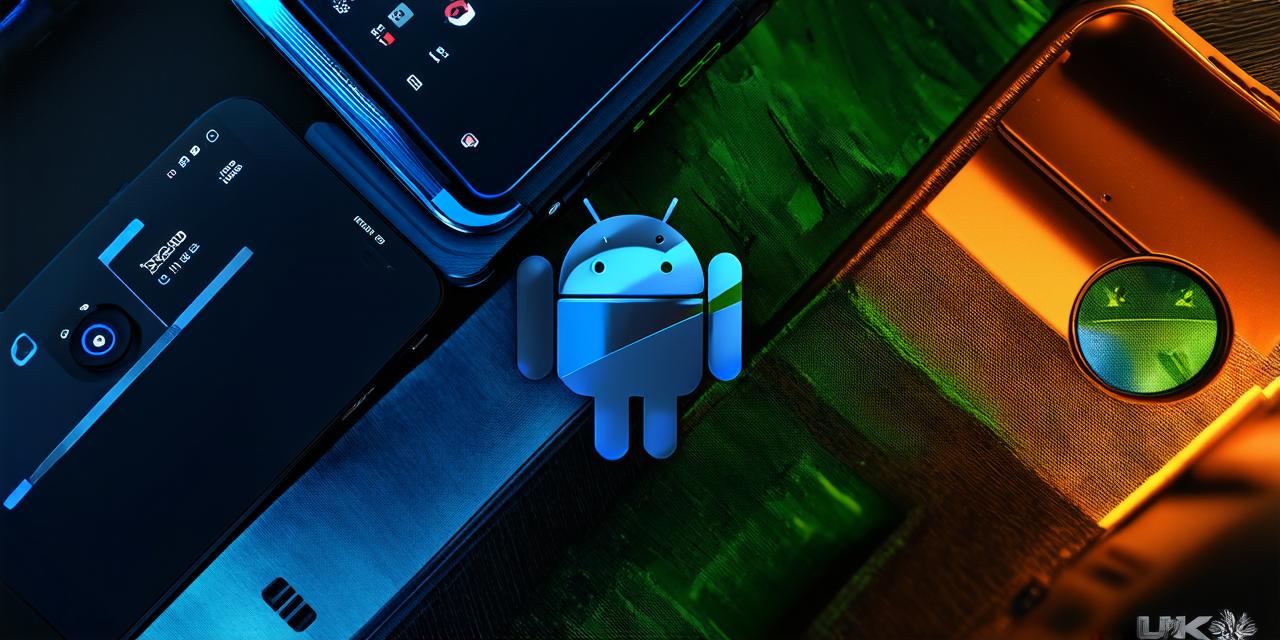As an android game developer, it’s essential to have a powerful and reliable development environment that supports all the features and tools you need. While Windows is the most popular platform for android game development, many developers are now turning to Linux as their primary development platform due to its flexibility, open-source nature, and support for virtualization.
In this comprehensive guide, we’ll explore everything you need to know about android game development on Linux, including setting up your development environment, choosing the right tools and frameworks, and best practices for development. We’ll also answer some frequently asked questions at the end of the article.
Getting Started with Android Game Development on Linux
Before we dive into the specifics of android game development on Linux, let’s first explore the basics. Android is an open-source mobile operating system that runs on billions of devices worldwide. It’s developed by Google and supported by a vast ecosystem of developers, hardware manufacturers, and service providers.
To develop android games on Linux, you’ll need to have a Linux machine with the necessary software and tools installed. There are several Linux distributions that support android game development, including Ubuntu, Debian, Fedora, CentOS, and Red Hat Enterprise Linux. Each distribution has its own set of requirements and installation procedures, so it’s essential to choose one that suits your needs and experience level.
Setting up Your Development Environment on Linux
Once you have a Linux machine and distribution installed, the next step is to set up your development environment. This involves installing the necessary software packages and tools that will allow you to create, test, and debug android games.
Some of the essential software packages for android game development on Linux include:
Android Studio– an integrated development environment (IDE) for android app development. It includes a code editor, debugging tools, and project management features.Android Debug Bridge (ADB)– a command-line tool that allows you to connect your android device to your computer and perform various tasks such as installing apps, running tests, and debugging.Gradle– a build automation tool that simplifies the build process for android app development.Android Virtual Machine (VM)– a virtual machine emulator that allows you to run android applications on your computer without a physical device.
To set up these software packages on your Linux machine, you can follow the official installation guides provided by Google. You’ll also need to have the Java Development Kit (JDK) and Android Software Development Kit (SDK) installed on your machine, as they are required for android app development.



